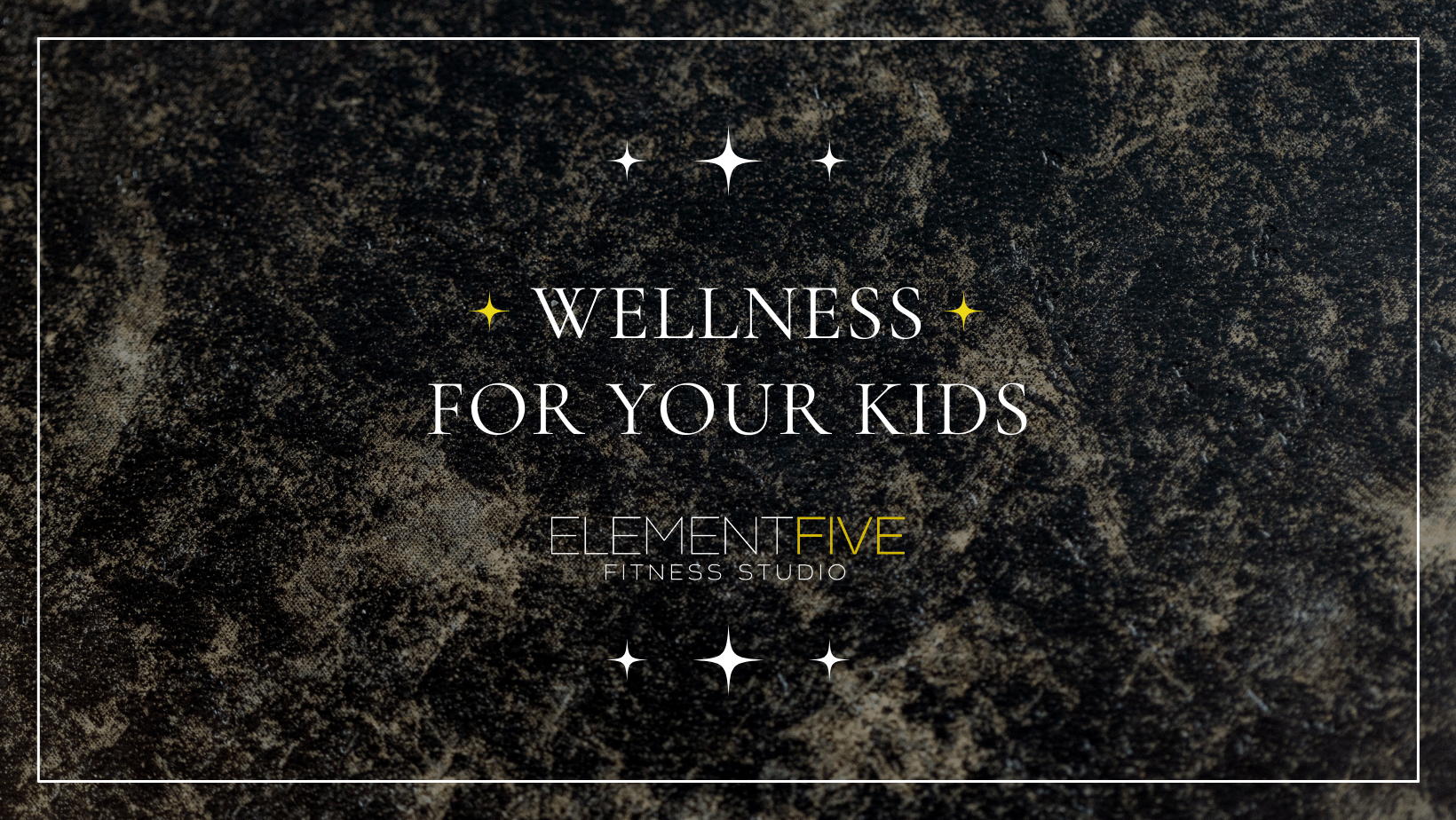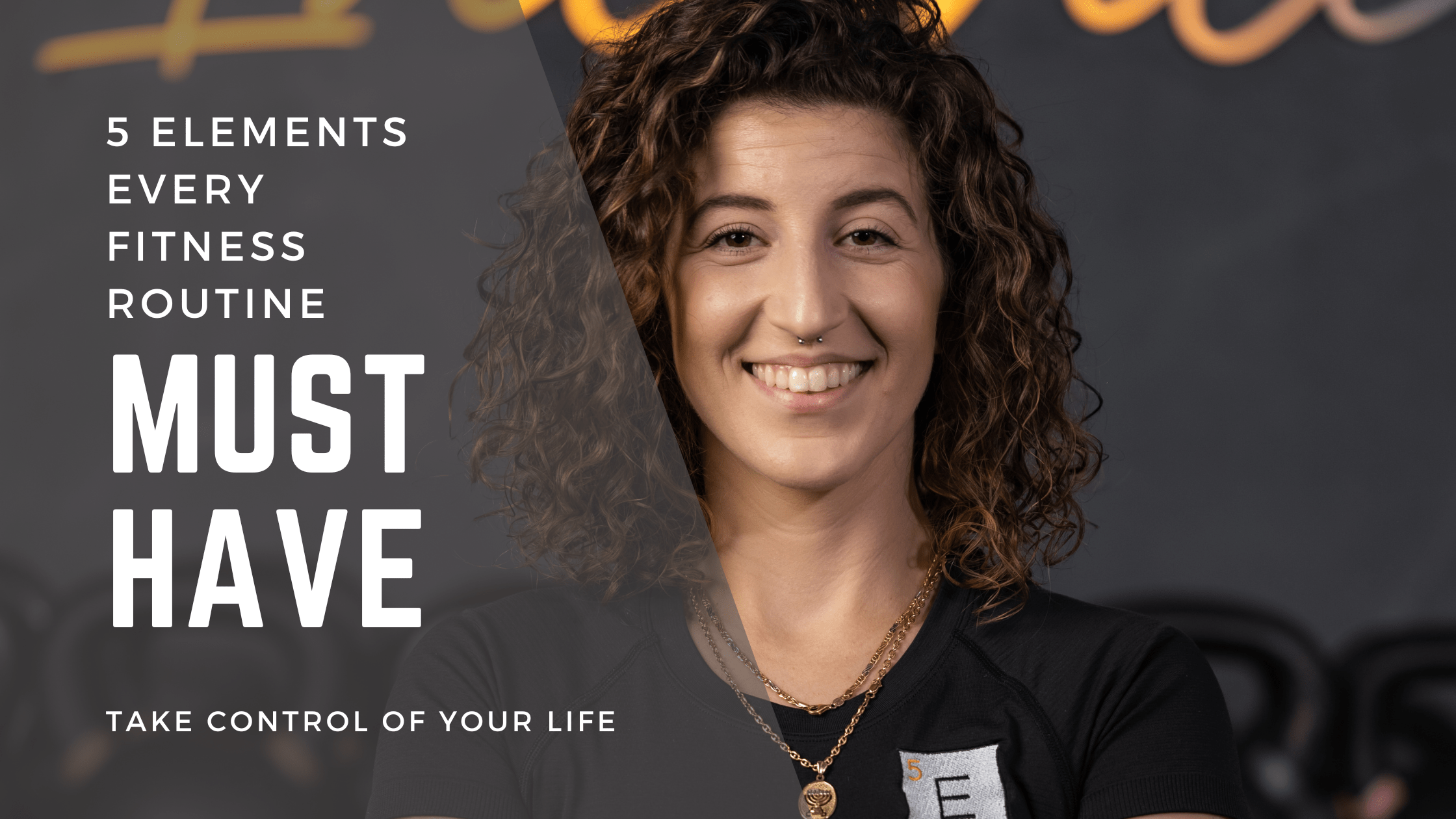
Written by: Coach Laurie
Wellness for kids seems like it would offer a broad spectrum of ideas and aspects, because there are just so many different kinds of kids!
With my last three decades working in the Wellness Industry, I now
determine ‘Wellness’ by the thing/s that create balance.
This is something different for every-body. Looking at the up-rise of hyperactivity, obesity and negative social interaction (bullying) of kids today, ‘Wellness’ has been generalized by Clinicians to include all the ways in which we promote nervous system regulation.
Nervous System Regulation can be as simple as scheduling recess, budgeting for Gym Class or Music Class in School. Many schools have won a big advantage by adding Yoga and/or Meditation into the curriculum.
Research has shown huge improvements, like in Warner, VA who reduced bad behavior referrals by 80% between 2019 and 2020. (Source: https://www.npr.org/2020/02/27/804971750/schools-are-embracing-mindfulness-but-practice-doesnt-always-make-perfect).
A Case Study published in 2011 was titled “The Effectiveness of
Mindfulness Training for Children with ADHD and Mindful Parenting for
their Parents.” The results read, “There was a significant reduction
of parent-rated ADHD behavior of themselves and their child from
pre-to posttest and from pre- to follow-up test. Further, there was a
significant increase of mindful awareness from pre-to posttest and a
significant reduction of parental stress and overreactivity from
pre-to follow-up test. Additionally, teacher-ratings showed
non-significant effects.”
(Source: https://link.springer.com/article/10.1007/s10826-011-9457-0).
This study leads me to see that the home environment has much more to do with nervous system regulation, in general, than compared to the school environment. Or more-so-over, it’s more common for kids to dysregulate at home or with their parents, than in other environments. Namely, due to the fact that kids feel the safest at home and are able to take down their controls of body regulation at home.
Therefore, the next question is:
‘What can parents do at home to support and improve nervous system function and behavior?’
The answer is as simple as: ‘Wellness comes easily for kids, if wellness is a focal point in the home.
I’ll explain.
First of all, give yourself a break… you do not need to be an ironman triathlete to have a handle on wellness.
I’m simply referring to a desire to improve oneself, to do and be better than our mistakes, and to seek out and learn of the expansive tools in the world that can help us be happier and healthier.
If you’re doing anything wellness related, with a humble sense of interest, then you’re doing just fine. In fact, as parents, I don’t think we give ourselves enough credit.
If you’re thinking about ‘Wellness’ at all, then you’re doing it right!
So, how do we teach ‘Wellness’ to our kids?
Start with asking them what ‘Wellness’ means to them. Talk and listen to them.
- Ask about their challenges, speak about your struggles, and don’t hold back.
- Ask them their opinion, and listen.
- Ask your kids often about how they feel and how they felt when things didn’t go the way they wanted or expected?
- Dive into the hard conversations. Do not skim the surface of their experiences, for any reason.
- Encourage them.
- Praise them for their mistakes.
- Love them with your actions and your words.
- Let them see you struggle.
- Let them see you face each next day with kindness and vigor.
- Tell them to savor each season, because they do not yet know how fast it all goes.
After School Convo Starters:
– How do you feel (right now)?
– What was your favorite part of your day?
– What was your biggest struggle today? And how did you overcome it?
– What is one good/kind/helpful thing someone did for you today?
– What is one good/kind/helpful thing that you did for someone else today?
The funny thing is that you do not need to know how to react, nor do they need advice (although you can give it).
They benefit from this opportunity to reflect on their experiences in a safe space (no judgement). My advice remains the same: “Ask your child how they feel. And listen.” It really is that simple.
Sometimes we may make it more complicated, but it doesn’t have to be. And there doesn’t have to be a discussion to follow. Just giving them the space to say what comes up, is enough. Talk about what they think wellness means to them. Ask them what they think you could do better. Talk to them about what you think is hard for you. Ask them if they might feel the same way if they were in your shoes, sometimes they will surprise you.
It’s very possible that my parents held back when discussing important (stressful) topics. It was probably in an effort to protect my child-like innocence. There’s a part of me that largely appreciates their efforts, although it’s not the way I chose to raise my daughter.
I am a single parent who raises her daughter without a dad.
I do not see any advantage to sheltering my child about things that are applicable to her life/our lives. I ask her about her difficult social interactions. When she’s been on her iPad for too long, and she becomes dysregulated, I tell her what is happening. For example, I’ll say, “Now is a really good time to switch what you’re doing.”
Wouldn’t life be easier if we all had the voice of reason coming in on
the loud speaker when we needed it?
Whatever the obstacles (i.e. behavioral issues, split time, physical issues, etc.), being seen is enough. As kids and as adults, we just want to be seen. Thank you for seeing me on this topic.






